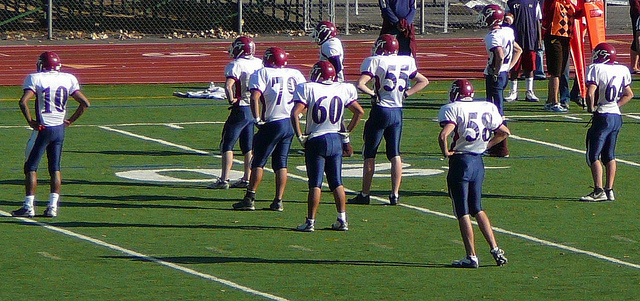
As many of you familiar with the Reproducibility Project will know, getting results in psychology doesn’t always mean you’re right. For example, the project found last year that, among the one hundred psychological studies it chose to replicate, only about a third came up with the same result. And, alas, such is the case with the so-called “power pose.”
In an op-ed for Slate’s “State of the Universe” science blog, Kaiser Fung and Andrew Gelman write that, unfortunately, the idea that you can change your brain chemistry to make yourself more “powerful” through the use of a Wonder Woman-like pose hasn’t held up well to replication.
The first study, by Amy Cuddy, Dana Carney, and Andy Yap, found that “High-power posers experienced elevations in testosterone, decreases in cortisol, and increased feelings of power and tolerance for risk,” and that “a person can, by assuming two simple [one minute] poses, embody power and instantly become more powerful.” A follow up study by Eva Ranehill (and others) published last year in the journal of the Association for Psychological Science was unable to find any statistically significant effect. Worse, while the first study had a sample size of twenty one, the replication had a sample size of a hundred.
This, Fung and Gelman point out, is unfortunate for a number of reasons. Among other things, Cuddy has a book out extolling the virtues of power posing, and the TED talk in which she repeats her claims is one of the most-viewed of all time. Add to that how little press the failure to repeat is getting, and, well, you get the picture: people are going to keep power-posing for not much reason.
The Ranehill study doesn’t appear to have been a part of the Reproducibility Project — at least, it isn’t mentioned on the website — so it’s nice to see that people are really taking the idea of reproducibility seriously and doing their own versions. What’s more, it’s great that the second team’s negative result has been published, since negative results rarely see publication.
Fung and Gelman’s article is here, and a nice bit of analysis of the studies is here.
Cuddy isn’t stepping back from her claims yet, but for the record, you might want to think twice about trying to “power up” using a “power pose” from here on in.
***
Richard Ford Burley is a writer and doctoral candidate at Boston College, as well as an editor at Ledger, the first academic journal devoted to Bitcoin and other cryptocurrencies. In his spare time he writes about science, skepticism, feminism, and futurism here at This Week In Tomorrow.
